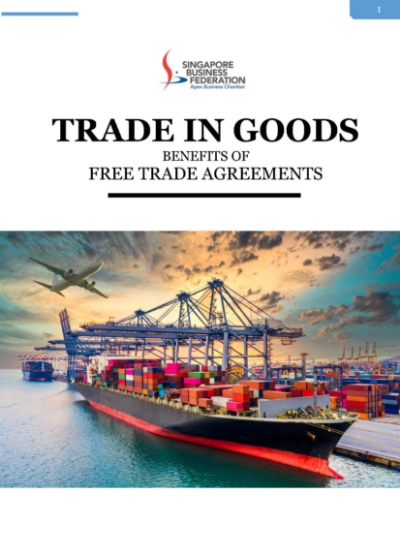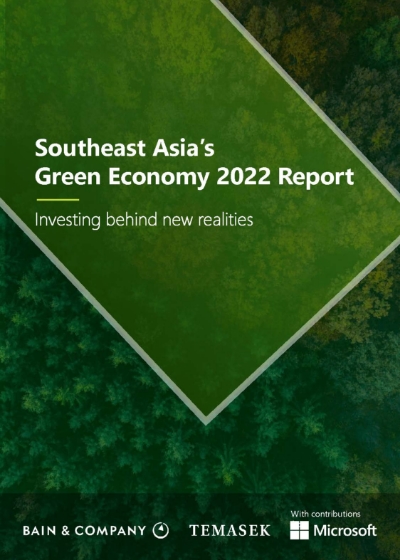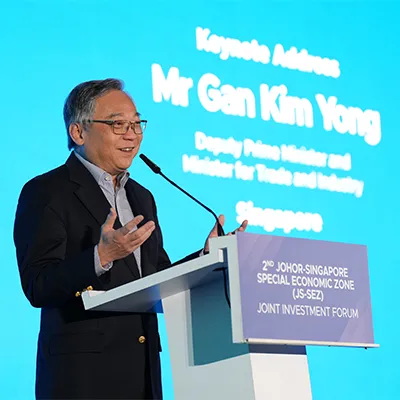His previous positions in or involving ASEAN include Deputy Chief of Mission at the US Embassy in Jakarta from 2009 to 2012, and ambassador to Vietnam from 2014-2017.
The US-ASEAN Business Council has 180 members. Its first principle is a belief that expansion of economic relations between ASEAN and the US is in the strategic interests of all, according to its website.
“Our companies are disadvantaged when other countries are part of… a web of free trading that we’re not part of,” he said. “That’s a real concern, a real restraint.”
While the Washington-sponsored Indo-Pacific Economic Framework for Prosperity (IPEF) should be more ambitious, at least it brings the US to the table in the region, Mr Osius said, adding that American companies do support the initiative.
“I think that it is way better to be engaged in IPEF than not engaged in trade discussions. So, we’ll broadly support it, and we’ll keep pushing to see if the administration can make it more ambitious.”
The IPEF, launched by the US in May 2022, comprises 14 countries including Singapore and six other ASEAN members, but excluding China.
The US is not part of the Regional Comprehensive Economic Partnership, a trade agreement signed in late 2020 among the 10 members of ASEAN, plus Australia, China, Japan, New Zealand, and South Korea.
Neither is it in the Comprehensive and Progressive Agreement for Trans-Pacific Partnership, a free trade agreement formed by the 11 remaining members of the erstwhile Trans-Pacific Partnership, which the Donald Trump administration withdrew from in 2017.
The US-proposed IPEF is a loosely defined economic framework with four pillars to be separately negotiated: digital trade; supply chains; climate and clean energy; and anti-corruption. However, unlike a conventional trade agreement, it does not offer increased market access in the US.
Most recently in May in Detroit, Michigan, IPEF trade ministers concluded negotiations on a proposed agreement on supply chains. Addressing critiques of the framework, US Trade Representative Katherine Tai told reporters it was never a traditional trade deal.
“We’re not just trying to maximise efficiencies and liberalisation,” she said. “We’re trying to promote sustainability, resilience and inclusiveness.”
Mr Osius acknowledged there is a deficit in the US in terms of awareness and understanding of ASEAN – and of Indonesia in particular. This remains even as ASEAN’s economic future is bright, and its centrality is evident, especially in its convening power.
“It’s a complicated region, and not enough Americans have taken the time to really get to know it,” he said.
ASEAN, with the fastest growing digital economy in the world and a thriving green economy – in electric vehicles for instance – is indeed the “epicentrum” of growth, he added.









